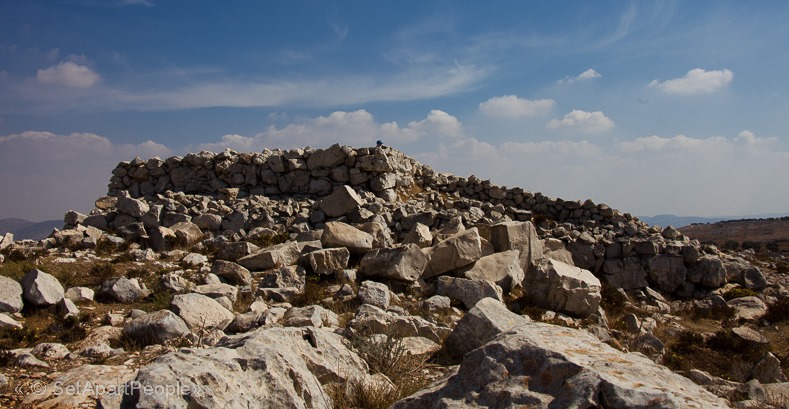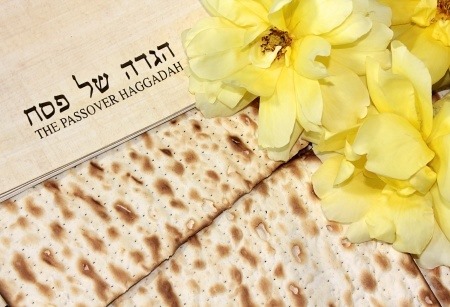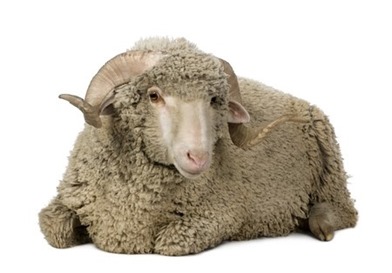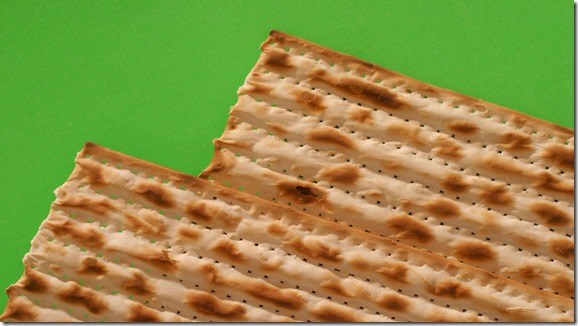-

Building altars
We have recently published two articles: Dispelling spiritual darkness, which is about prayer altars and A spiritual priesthood about how wrong it is when we, as believers, call ourselves priests. These studies prompted a few the questions: how do we reconcile the building of altars and sacrificing by people who are not of the Levitical…
-

Praise in faith, healing and warfare
Who doesn’t like to be praised? Praise builds up. You may have witnessed the glow on a little child’s face when you give them praise. YHVH wants us to praise Him, He deserves our praise, but the way I understand it, is that it is not for His benefit, but for ours. There is great…
-

The Last Supper was not a Passover seder
Every year before and during Passover, we are confronted with the same questions. One of these questions is: was the last meal Y’shua had with His disciples a Pesach seder? There are many passages in Scripture that seem contradictory, especially on this topic, but we believe that these seeming contradictions are because of our lack…
-

The first Passover and the commemoration of it
It is almost time for Passover or Pesach, the first festival of the new biblical year. We find it necessary to re-read all the instructions before every feast. This ensures that we celebrate the festival according to the commandments given by YHVH. We tend to sometimes forget some of the detail… There are many different…
-

Y’shua in Prophecy – Part 4 – A Guilt Offering
When you read that Y’shua rendered Himself as a guilt offering in Isaiah 53:10, have you considered why specifically a guilt offering? Why not a sin offering or a peace offering, for example? Is it even important? In this study, we shall show you the significance of Y’shua being, specifically, a guilt offering. It is…
-

Unleavening our lives…its all about intimacy
Spring is in the air; the Barley is aviv and the new moon has been sighted. A new year has begun! It is almost Pesach, and we are in the final stages of searching and removing the leaven from our homes. This physical action, to remove leaven has a deep spiritual significance. Leaven is symbolic…
